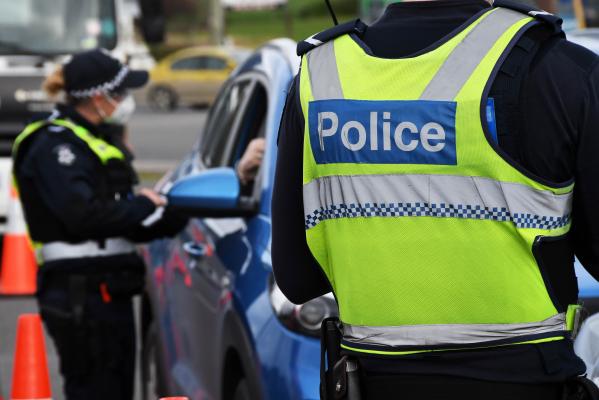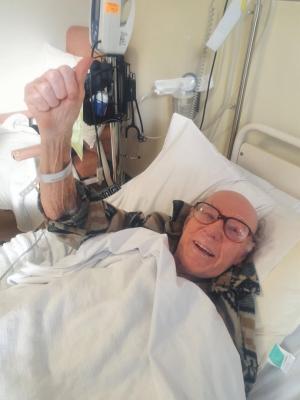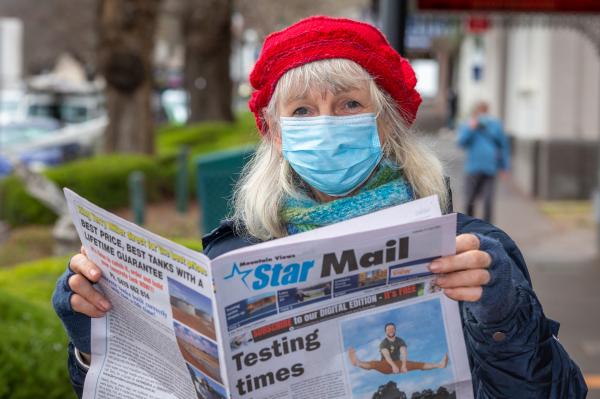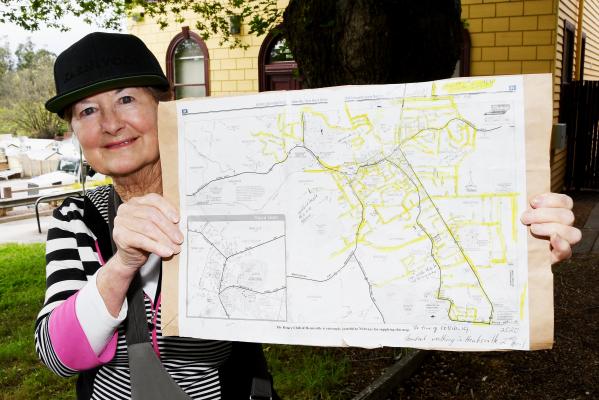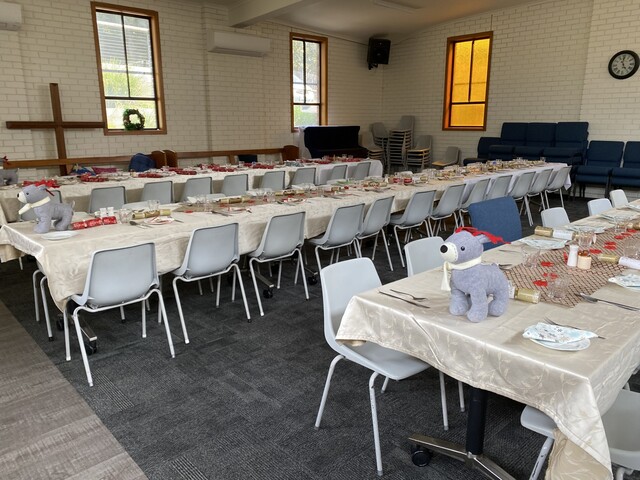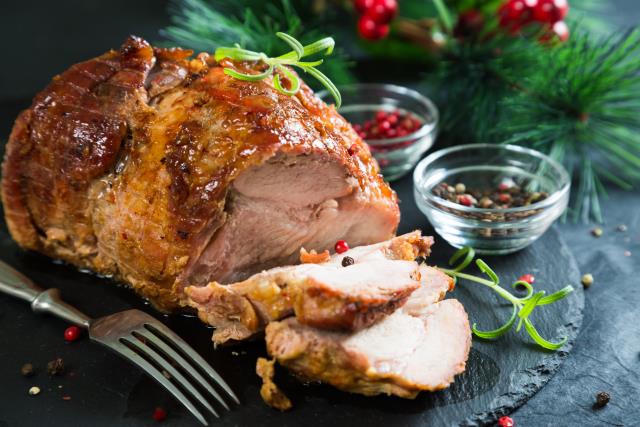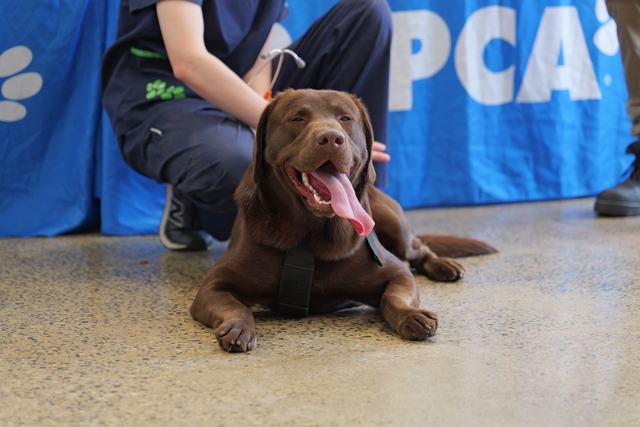Regional or metro?
As Victoria continued to grapple with a second wave of a Covid-19 outbreak, the Yarra Ranges community was thrusted into the harsh lockdowns as residents asked, ‘Why are we metropolitan Melbourne?’. Yarra Ranges Council made a submission to the State Government for the reclassification of smaller townships, but it was ultimately rejected.
Small townships such as Healesville and Warburton on the fringes of the Shire of Yarra Ranges were subjected to the same lockdown rules as the worst impacted Melbourne suburbs despite having little to no cases for months.
O’Shannassy Ward Councillor Jim Child spoke about the numerous isolated communities in his ward, including Matlock, Powelltown, Reefton, East Warburton.
“The first is our one and only resident up at Matlock … (who’s) lived up there for a long time,” he said.
“The distance is 100 kilometres from her front gate to the Yarra Junction Woolworths … To maintain her five kilometre radius around her residence, that means she cannot commute to Woods Point where her network community is and she is in such an isolated position.”
Vic beats Covid
In July, 95 year old Vic Cornell tested positive for coronavirus.
The retired tennis coach from the eastern suburbs was administered to Healesville Hospital, also recovering from a broken hip at the time. But he made a miraculous recovery.
“I’ve recovered from the virus but it’s left its mark,” Vic said.
“It made me very sick and ill … the virus has left me, but being 95 it’s taken a lot out of me.
“I have my days, some days I’m good and some days I’m not so good.”
When he became unwell, Vic got in touch with his family. They called an ambulance but Vic sent it away, believing he would get better with some sleep.
Three days later, Vic and his 88-year-old partner, Jean, were very unwell and taken to Maroondah Hospital where they both tested positive for Covid-19.
Vic’s son, Russell, said the worst of the virus hit a couple of weeks later.
“We as a family didn’t think he was going to get there because he sounded so fragile and weak,” Russell said.
“He was virtually at the point where he wasn’t going to get out of the hospital alive, and one night he called us to say goodbye.”
Russell said one evening he decided to call in and share Vic’s story with the ABC’s Drive program.
He said the support received from the community of Melbourne as a result helped Vic pull through.
Fight for business survival
Numerous Yarra Ranges businesses faced a “challenge for survival” when Stage 4 restrictions came into force.
Dramatic changes to workplaces across Melbourne were introduced by midnight on 6 August in a bid to combat the spread of Covid-19.
This included some industries being forced to close, others – such as construction and food production – operating at reduced capacity and essential stores such as supermarkets and pharmacies remaining open.
The new restrictions saw hairdressers close for the first time since the pandemic began and major hardware stores, such as Bunnings and Mitre 10, moved to mostly online services.
Childcare services were also impacted, with only children from workers with a permit allowed to attend childcare.“We’ve been forced into reducing hours for our staff, reduced our opening hours, our turnover has been reduced and what we’re producing has been reduced as well,” said Beechworth Bakery Manager Kylie Bray. “It’s a knock on effect right along and it’s affecting every part of the business.“
Monbulk Mitre 10 owner Julie Murphy said “we’ve had to put off a few casuals for six weeks which is really sad because we employ them from the local community. But we had to cut the staff because our revenue wasn’t what it was.
The owner of Hair for the Hills hair salon in Olinda, Jessica Birch, said “it was very sudden, I didn’t think we were going to go into lockdown but in terms of the business, it will hibernate quite well,” she said.
Ms Birch said that being in a small community provided “amazing” support and gave her confidence that she could return to a busy salon once restrictions were lifted.
Tough measures to beat the virus
In July, the State Government mandated face masks in what became one of the most visible changes the pandemic had on the lives of Yarra Ranges residents. For some people, passing through a Covid-19 checkpoint became a daily routine as police and Australian Defence Force officers set up in Coldstream to verify motorists were travelling for essential reasons. While the checkpoints were set up to limit unnecessary travel, they became a hotspot for police catching drunk and drug affected drivers and those driving on a suspended license. Police heard their fair share of excuses from non-essential travellers coming through the Yarra Valley. On one occasion, two Craigieburn men were intercepted in Coldstream having been travelling in a taxi. One of them stated he was out to buy tyres, while the other man was travelling to Gruyere to purchase a vintage car. Being restricted to a five kilometre radius was a source of frustration to many, but for Healesville resident, Mim Kocher, it became a fitness challenge as she vowed to walk the streets of Healesville every day from April. Mim traversed every street, road and lane in Healesville in rail, hail or shine and was a source of positivity in an otherwise dark time.
Zero cases in the Yarra Ranges
The Shire of Yarra Ranges recorded zero active Covid-19 cases on 18 October marking the elimination of the virus from the region in what was a significant local milestone in the long fight to contain the coronavirus outbreak in Victoria.
The Yarra Ranges became the sixth local government area in metropolitan Melbourne to reach zero active cases, with neighboring councils, Maroondah, Cardinia and Nillumbik all reaching the mark in the outer east. The other two being Kingston and Mornington Peninsula.
Eastern Health’s Clinical Director Ambulatory Care, Dr Penny Gaskell said reaching zero cases was “very exciting” and a “huge achievement” considering active cases in the Yarra Ranges had peaked at 140 on 6-7 July. The region has experienced a total of 251 cases to date, many of which stemmed from the Kirkbrae Presbytarian Homes outbreak in Kilsyth.
“It’s great work by the community for following all the harsh restrictions and for taking care of each other,” Dr Gaskell said.
“Thank you to everybody for sticking with it and doing the best they can, it has to be a community and team effort to beat this thing.”

